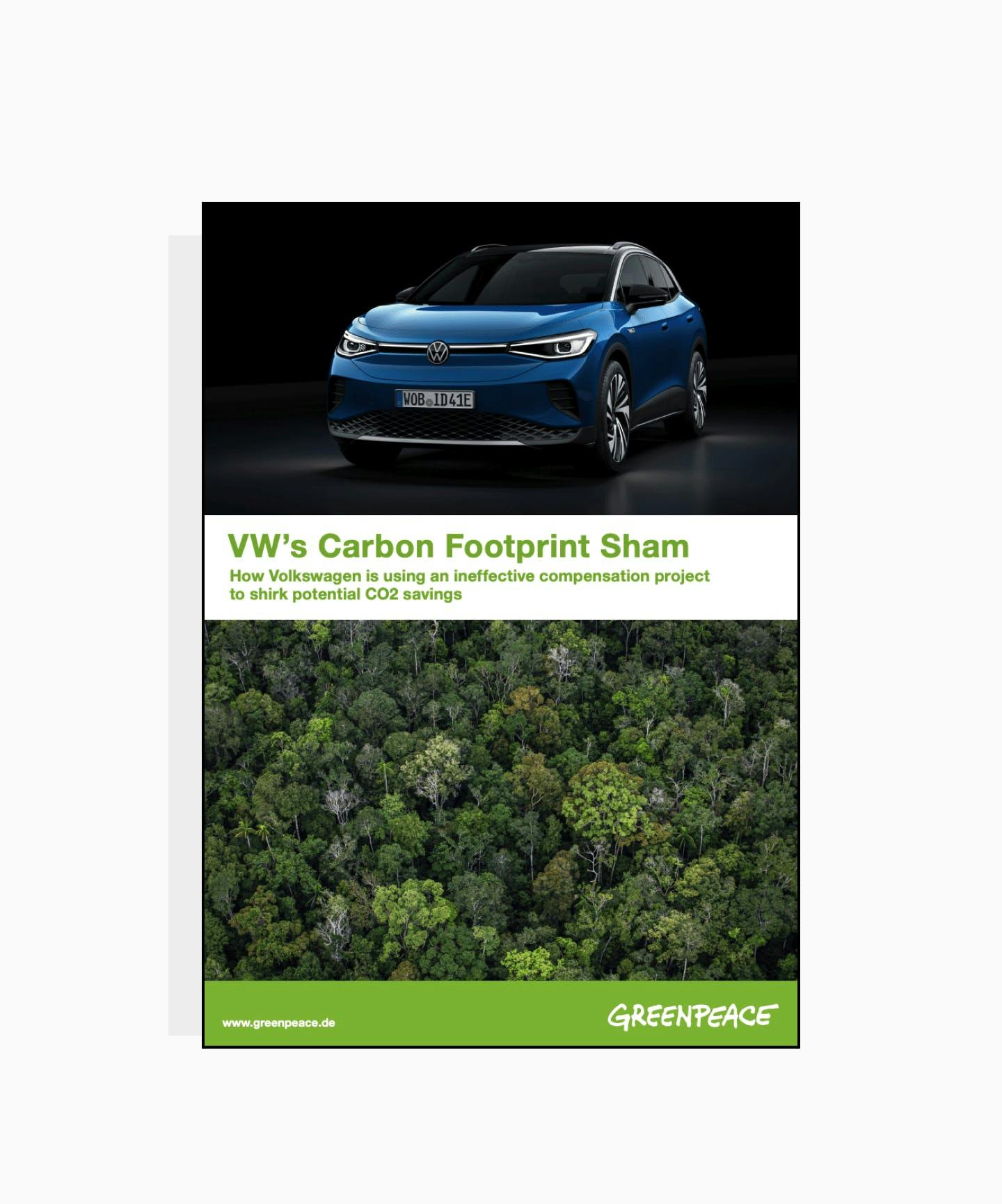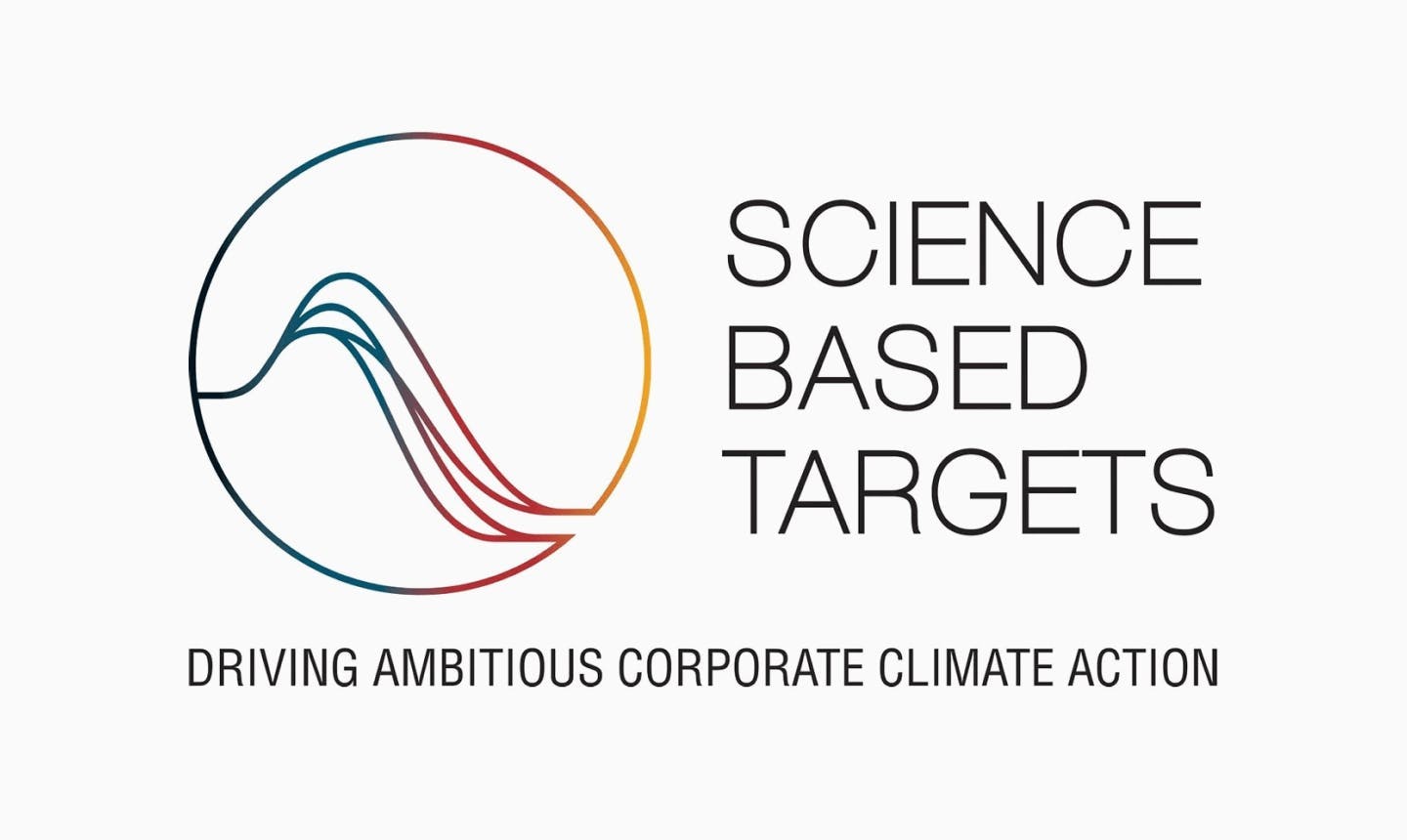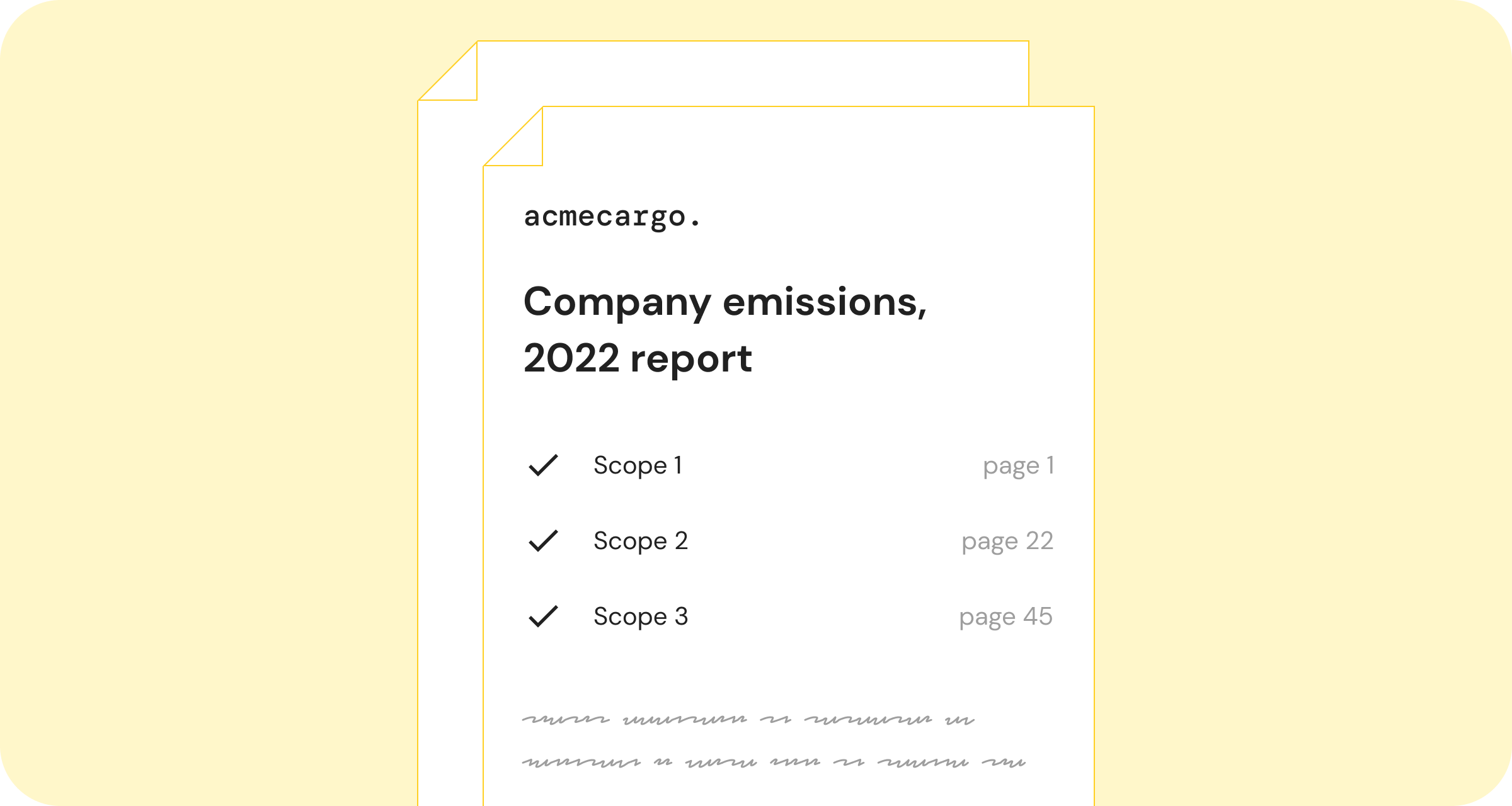

The Volkswagen greenwashing scandal is infamous in the climate world.
Their company offsetting was widely criticised as being nothing more than greenwashing – even becoming a damning report by Greenpeace.
What was the Volkswagen greenwashing scandal?
Understanding what went wrong is key to not making the same mistakes in your own carbon offsetting strategy. The Volkswagen greenwashing tale comes down to two main things:
- Offsetting without first reducing
- Funding low-quality projects
Offsetting without first reducing is greenwashing
Volkswagen was criticised for not adequately addressing its own carbon emissions – which should always be the first step in a company’s sustainability strategy, before offsetting comes into the picture.
They had taken actions to reduce their own carbon footprint, especially improving the efficiency of their production. But, as the Greenpeace report points out, there was a long way for Volkswagen to go in terms of cutting their emissions – especially in terms of promoting the transition to electric cars and more sustainable car use.

How could Volkswagen have avoided this scandal?
By ensuring their plans to cut emissions were rigorous and included the entire value chain of their business. We'd always recommend aligning your plans to reduce company emissions with a rigorous, reputable framework – such as Science Based Targets – to ensure that your plans are going as far as possible, and properly align with wider net zero goals.

Funding low-quality projects
Questions were also raised about the projects that Volkswagen chose to support through their offsetting programme.
Specifically, there were doubts that the projects supported were permanent and additional – meaning that the actual impact of purchasing carbon offset credits in these projects is minimal.
Purchasing offset credits from low-quality projects is a common trend to look out for when it comes to greenwashing in carbon offsetting. Typically, low-quality projects are selling carbon credits very cheap, which makes them seem like an easy, cost-effective option for businesses looking to neutralise their emissions. But the reality is that they rarely have the impact they claim to.
The lesson learned from the Volkswagen greenwashing scandal?
Simply by making a deliberate policy to only support high-quality carbon offset projects like those in our library at Lune.
High-quality projects are:
- Permanent: the carbon removal or emissions avoidance is long-term and will not be reversed e.g. in a reforestation if the forest is cut down in later years.
- Additional: emissions reductions or carbon removal is generated in addition to what would have happened without the project existing.
- Correctly estimated: projects can only claim reductions or removal of emissions where the impact has been accurately measured and quantified – and with a high-quality project you’d expect to see transparency about this process.
- Single counted: a carbon registry provides assurance the carbon offset credit has not already been claimed by any other entity.
Typically more expensive: running a successful and impactful carbon offsetting project is hard and usually requires a lot of time and labour, so be wary of cheap offsets - they rarely have the impact they claim to have.
Read more in our explainer: what are high-quality carbon offsets?

Avoiding an accidental greenwashing scandal – don’t be like Volkswagen
The Volkswagen greenwashing scandal is a lesson for all businesses. If you’re exploring carbon offsetting as an action for your company – don’t worry.
It can seem scary, but whilst greenwashing is a valid concern it isn’t an inevitability.
You just need to know how to approach offsetting without greenwashing – including the factors covered here: addressing your own carbon emissions and focusing on high-quality offsets.
Because done right, offsetting is a way to make a real difference on climate change through business.
Readers also liked
Readers also liked

Subscribe for emissions intelligence insights
Get the latest updates in the world of carbon tracking, accounting, reporting, and offsetting direct to your inbox.


